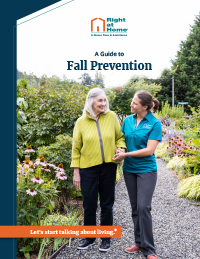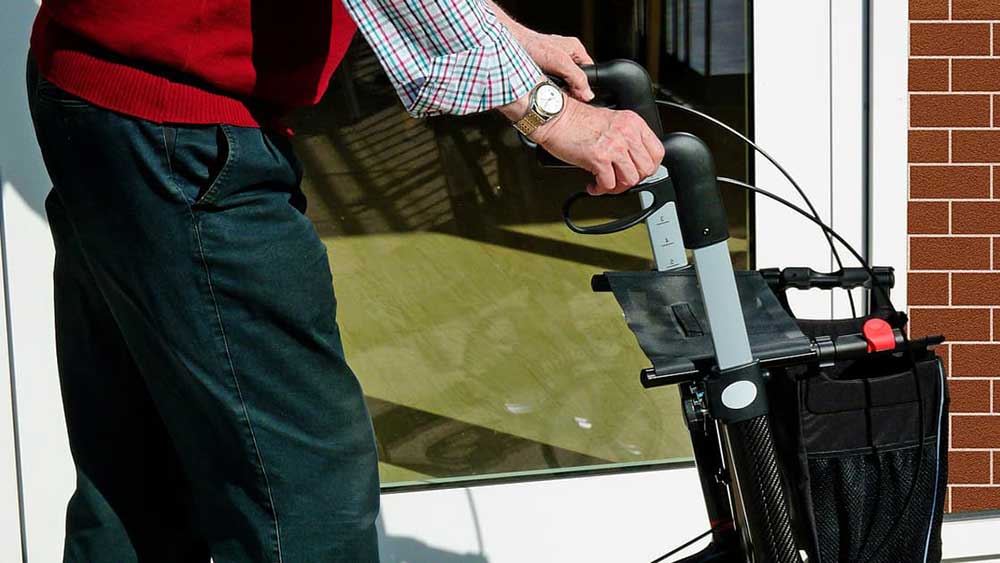

Many Older Adults Keep Falls a Secret. Here Are Reasons They Shouldn’t!
When it comes to falling, not telling the doctor is never a good thing! Why? Because people who have experienced a fall are more likely to:
- Not engage in any preventive action to avoid future falls, such as exercising, reviewing medications, using a cane, or making home safety modifications that might help.
- Develop a fear of falling or injury, which can interfere with their social activities, further isolating them.
- Continue to fall and experience undesirable consequences, or worse yet, more serious injuries.
Why Do Seniors Keep Falls a Secret?
It’s common for older adults to keep falls a secret. One of the main reasons for not telling about a fall is that elders generally desire to live at home rather than in assisted living facilities or nursing homes, and they fear they’ll be pressured into giving up their independence. Other reasons for not reporting falls include thinking that falls are a normal part of the aging process; not wanting to appear frail, needy or bothersome to family members or caregivers; or just feeling embarrassed about it.
Are Falls Part of Aging?
Falls should never be dismissed as a part of aging. The risk of fall-related complications can be significantly lessened by reporting and discussing a fall with a doctor. In many instances, a fall (and sometimes even a simple slip or trip) could be a warning sign or symptom of an underlying health problem that could be cured or controlled if addressed. Knowing the cause can help a person plan ways to prevent future falls and avoid disastrous consequences such as hospitalizations or immobility.
How To Prevent Future Falls
The doctor may refer your loved one to other health care providers who can help determine the cause and put a plan in place to help prevent future falls. These health care providers can include:
- A physical therapist who can help with gait, balance, strength training and walking aids.
- An occupational therapist who can suggest changes in the home that may lower the risk of falls.
- In-home help and support professionals who can make daily living easier and safer for your aging loved one.
Want More Fall Prevention and Home Safety Tips?
Download our FREE Fall Prevention Guide below to help you understand the fall risks for each area of your loved one’s home and steps you can take to reduce the risk.
If you would like more information, connect with the office nearest you and ask for a free in-home assessment.
This has been updated from an original article dated July 25, 2017








